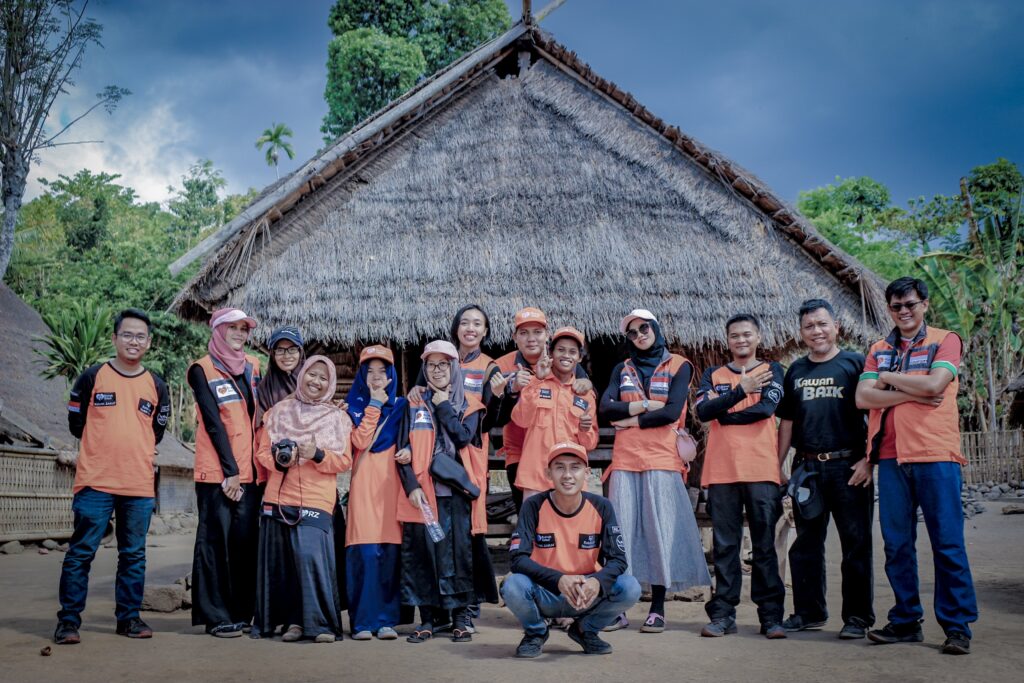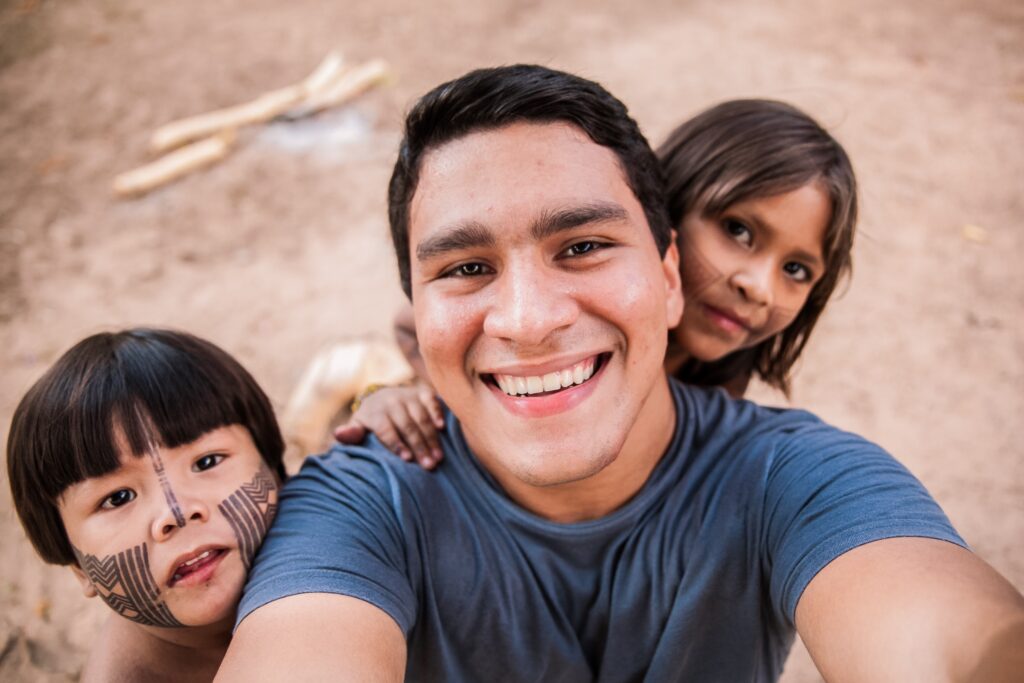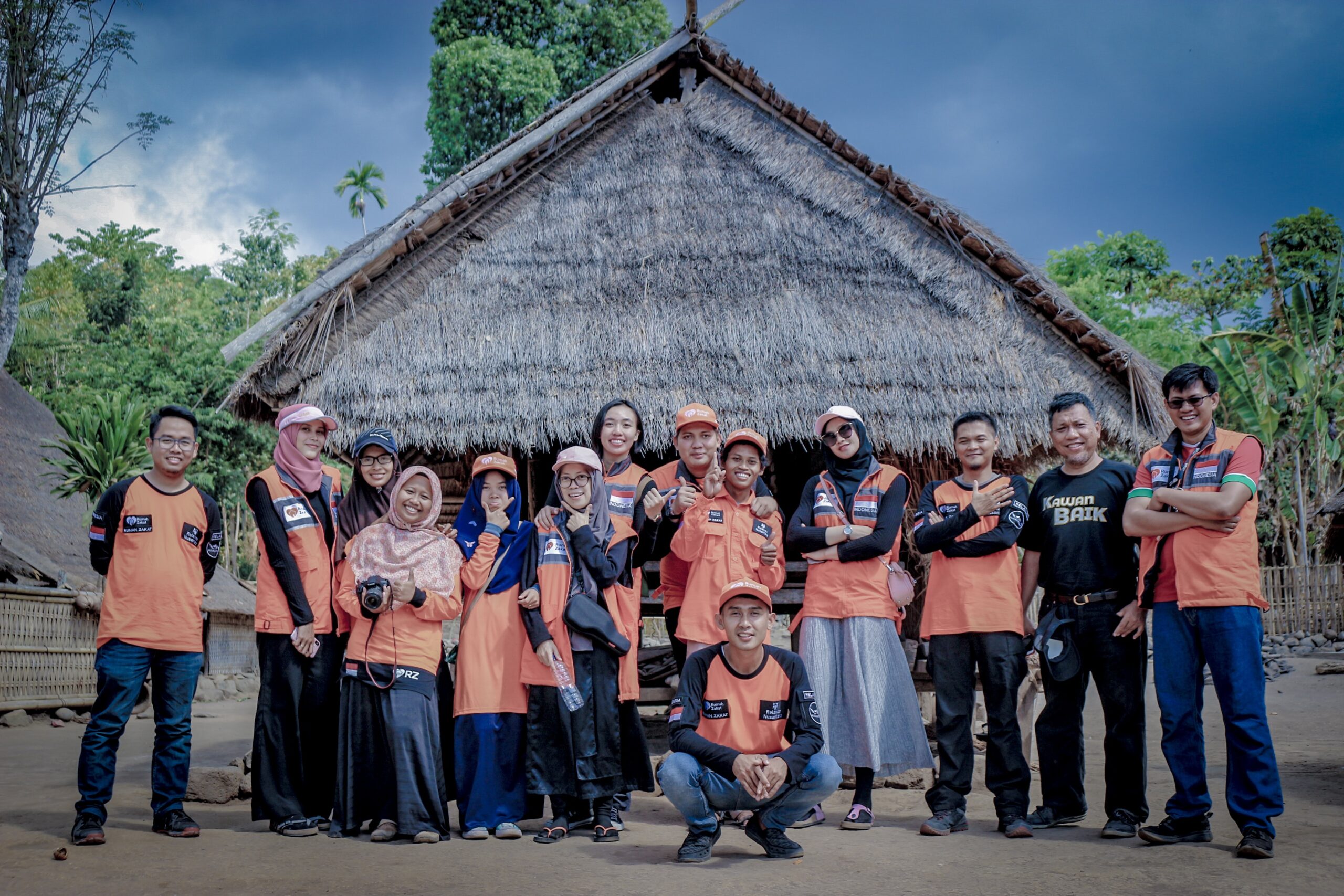Introduction
Many people think being introverted is a permanent part of who they are, but change is possible, and it can start with something as simple as volunteering. More and more introverts are exploring the introvert to extrovert transition, finding that helping others can open doors to new connections and self-discovery. It’s not about changing who you are, but rather, expanding your possibilities. Volunteering offers a unique opportunity to step out of your comfort zone at your own pace, helping you to gradually build your social skills in a supportive environment. This is a journey worth taking, and you’re in the driver’s seat. 👣

Understanding Introversion
Understanding Introversion is crucial before diving into the world of volunteering. It’s a personality trait characterized by a preference for calm, less stimulating environments. Introverts often feel drained after socializing and enjoy spending time alone to recharge. However, this doesn’t mean they are shy or antisocial; they simply require a different approach to social interactions. By taking our advanced introvert test, you can gain deeper insights into your own personality and understand how to use your introverted qualities to your advantage.
Introverts are often reflective, enjoy deep conversations, and have strong attention to detail, all valuable traits in volunteering. However, the challenge lies in taking the first step. The thought of new social settings can be daunting, but it’s important to remember that volunteering can be tailored to suit your comfort level. For example, you might start with behind-the-scenes tasks and gradually move to more interactive roles as your confidence grows.
It’s also important to note that introversion is not a flaw. It’s a part of your character that can bring unique strengths to a volunteer setting. Many organizations value the thoughtful, calm nature of introverts, and there are plenty of roles that require these traits. The key is to find a balance that allows you to contribute without feeling overwhelmed.
Introverts possess a rich inner world, and volunteering provides a platform to express this, turning inward reflection into outward action. It’s a chance to learn, grow, and connect in ways that honor your introverted nature while also pushing your boundaries. With the right mindset and understanding of your own needs, volunteering can be a rewarding experience that contributes positively to your journey from introversion to interaction.

The Power of Volunteering: A General Overview
Engaging in The Power of Volunteering: A General Overview unveils numerous benefits that extend beyond the immediate joy of helping others. For introverts, volunteering serves as a strategic avenue to foster personal development while making meaningful contributions to society. Joining the intro to extro community can facilitate this journey, offering support and shared experiences from individuals navigating a similar path. Volunteering cultivates a sense of belonging, providing introverts with a community that values their input and respects their need for space.
Volunteering isn’t just about giving time; it’s a reciprocal relationship that nurtures personal growth. For introverts, it presents an opportunity to practice social skills in a controlled setting, building confidence that permeates other areas of life. The varied nature of volunteer work ensures that there’s something for everyone, regardless of where they fall on the introversion spectrum.
Moreover, volunteering helps in breaking down the barriers of isolation that introverts might sometimes build around themselves. It encourages stepping out of the comfort zone, fostering resilience and adaptability. The sense of accomplishment that comes from contributing to a cause creates positive feedback loops, reinforcing the value of social interaction.
Engaging with diverse groups of people enhances empathy and understanding, traits that are often already strong in introverts. It’s a chance to connect on a deeper level, finding common ground in shared goals and values. Volunteering provides a platform for introverts to shine, showcasing their ability to listen, reflect, and contribute in meaningful ways.
In essence, volunteering is a catalyst for change, helping introverts to navigate the journey from solitude to solidarity. It’s a safe space to explore the boundaries of interaction, learn new skills, and find a sense of purpose that resonates with the introverted spirit. Through volunteering, the quiet power of introversion is transformed into a force for good, benefiting both the individual and the wider community.

Choosing the Right Volunteering Opportunity
Selecting the right volunteer opportunity is a crucial step in maximizing the benefits of your journey from introversion to interaction. As you explore options, consider reading our unique intro to extro roadmap, designed to guide introverts through this transformative process in a way that differs from conventional guides. It’s tailored to your specific needs, ensuring a smoother transition as you venture into new social territories.
When choosing a volunteering position, it’s vital to align your interests and skills with the tasks at hand. Introverts often thrive in roles that require attention to detail, thoughtful communication, and the ability to work independently or in small groups. Look for opportunities that play to these strengths while also challenging you to step outside your comfort zone.
Consider starting with short-term or project-based volunteering to get a feel for what suits you best. This approach allows for flexibility, enabling you to find the right fit without a long-term commitment. Remember, the goal is personal growth and positive social interaction, so it’s important to find a balance that feels both challenging and rewarding.
Don’t shy away from roles that involve interaction with others; volunteering is a safe space to practice and improve your social skills. Look for supportive environments where your contributions are valued and where you can gradually increase your level of interaction as your confidence grows.
Inclusivity is key in finding the right volunteering opportunity. Seek out organizations that understand and appreciate the unique qualities introverts bring to the table. With the right match, volunteering can become a powerful tool in your journey from introversion to interaction, providing a supportive community and opportunities for personal growth.

Volunteering Virtually: Options for Introverts
In today’s digital age, opportunities for Volunteering Virtually: Options for Introverts are abundant, providing an alternative avenue for those who may prefer to start their journey from the comfort of their own home. Online volunteering allows introverts to contribute to meaningful causes while maintaining a level of personal space, easing the transition into social interaction.
Virtual volunteering encompasses a wide range of activities, from offering emotional support via messaging platforms to assisting with administrative tasks or contributing to online research projects. These opportunities can be particularly appealing to introverts, as they often involve working independently and can be done at one’s own pace.
However, it’s important not to underestimate the value of the connections that can be made through virtual volunteering. Many organizations foster a sense of community among their volunteers, offering platforms for discussion and shared learning. Participating in these communities can provide introverts with a low-pressure environment to practice social interaction and build confidence in their communicative skills.
Additionally, virtual volunteering can serve as a stepping stone towards in-person volunteering. As introverts build their confidence and develop a better understanding of their own social preferences, they may find themselves more open to exploring on-site volunteering opportunities.
Regardless of the format, volunteering provides a unique space for introverts to stretch their social muscles, learn new skills, and contribute to causes they are passionate about. By starting with virtual options, introverts can ease into the world of volunteering at their own pace, ensuring a positive and fulfilling experience.
With the right approach, virtual volunteering can play a crucial role in an introvert’s journey from solitude to solidarity, proving that meaningful interaction and personal growth are possible, no matter where the volunteering journey begins.
The Transformation: From Introversion to Interaction
Embracing the volunteering journey marks the beginning of a profound transformation for many introverts, a shift aptly captured in the theme, The Transformation: From Introversion to Interaction. Volunteering serves as a conduit for introverts to channel their innate qualities towards building stronger connections and developing a robust social fabric.
The transformation does not imply a complete overhaul of one’s introverted nature; rather, it’s about enriching your existing personality with enhanced social skills and a newfound confidence in interaction. The beauty of volunteering lies in its ability to provide a supportive environment where introverts can gradually open up, share their thoughts, and connect with others on a meaningful level.
This process is incremental, requiring patience and a willingness to step out of one’s comfort zone. The journey may be fraught with challenges, but each interaction, no matter how small, is a stepping stone towards greater social fluency. Volunteering provides a unique space for introverts to experiment with social interaction, to learn what works for them, and to develop strategies for managing social energy.
The rewards of this transformation extend far beyond the realm of social interaction. Introverts often find that as their social confidence grows, so does their overall sense of well-being and life satisfaction. They discover a newfound ability to advocate for themselves and others, and they often uncover hidden strengths that were previously overshadowed by social anxiety.
In essence, the transformation from introversion to interaction is not about becoming someone you’re not; it’s about becoming the best version of yourself. Volunteering acts as a catalyst for this transformation, providing the tools, support, and opportunities necessary for introverts to thrive in social settings and make meaningful connections that enrich both their own lives and the lives of those around them.
The Ripple Effect: How Your Volunteering Inspires Others
The Ripple Effect: How Your Volunteering Inspires Others extends far beyond personal transformation, creating waves of positive impact within communities. Introverts, through their volunteering journey, inadvertently become beacons of inspiration, showcasing that meaningful interaction and community involvement are accessible to all, regardless of one’s social predispositions.
The quiet dedication and thoughtful approach that introverts bring to their volunteer work does not go unnoticed. They set a powerful example, demonstrating that one does not need to be extroverted to make a difference in the world. This visibility is crucial, as it challenges societal stereotypes about introversion and proves that there is immense value in diverse ways of interaction.
As introverts share their volunteering experiences, they inadvertently encourage others to take the leap as well. Their stories become a source of motivation, highlighting the transformative power of volunteering and the potential it holds for personal and communal growth. The ripple effect is tangible, as increased volunteer involvement strengthens communities and fosters a culture of empathy, cooperation, and active participation.
Furthermore, the introvert’s journey from solitude to community involvement sends a message of hope and possibility. It underscores the idea that change is attainable and that stepping out of one’s comfort zone, while challenging, can lead to a richer, more connected life.
In this way, introverted volunteers contribute not only to the immediate needs of the organizations they support but also play a vital role in cultivating a more inclusive, understanding, and compassionate society. Their impact is a testament to the power of individual action, proving that everyone, regardless of their personality type, has the potential to inspire change and make a lasting difference in the world.
Finding Your Voice: Advocacy and Volunteering
Embarking on a journey of change and community involvement eventually leads introverts to a crucial point of self-realization and advocacy, aptly described in Finding Your Voice: Advocacy and Volunteering. The transformative experience of volunteering not only amplifies one’s social skills but also empowers introverts to stand up for their beliefs and champion the causes they hold dear.
Finding your voice as an introvert in the realm of advocacy does not necessarily mean adopting a loud or confrontational demeanor. Instead, it’s about harnessing your natural tendencies for deep reflection, thoughtful communication, and quiet determination. Introverts possess a unique ability to listen attentively, understand complex issues, and articulate their thoughts in a clear and compelling manner – all invaluable skills in advocacy work.
Volunteering provides a safe and supportive platform for introverts to experiment with advocacy in various forms, from writing and public speaking to organizing awareness campaigns. It’s a space where their voices are valued, and their contributions make a tangible difference.
As introverts find their footing in advocacy, they also discover a powerful sense of agency and self-efficacy. They learn that their words and actions matter, and they gain confidence in their ability to effect change. This newfound empowerment transcends the realm of volunteering, permeating other areas of their lives and creating a positive feedback loop of growth and involvement.
In essence, the act of volunteering and the subsequent journey into advocacy mark a significant milestone in the introvert’s journey from solitude to interaction. It’s a testament to the transformative power of volunteering and the unique strengths that introverts bring to the table. Through advocacy, introverts not only find their voice but also contribute to a larger narrative of change and community empowerment, proving that even the quietest among us have the power to make a resounding impact.
Conclusion
In concluding, the journey from introversion to interaction through volunteering is not just transformative but also immensely empowering. It offers introverts a unique platform to channel their inherent qualities positively, embrace personal growth, and make a lasting impact in their communities. The process encourages a gradual yet profound shift in how introverts engage with the world, transforming perceived limitations into strengths.
Volunteering serves as a catalyst, breaking down barriers of isolation and providing a supportive environment where introverts can flourish. It fosters resilience, cultivates a sense of belonging, and enhances social confidence. By engaging with various volunteering opportunities, whether virtual or in-person, introverts find a safe space to explore social interaction, practice new skills, and connect with like-minded individuals.
The transformation witnessed in introverts who embark on this journey is not just about acquiring extroverted traits but rather enriching their introverted nature. They learn to navigate social landscapes with ease, advocate for themselves and their communities, and inspire others to take the leap into volunteering. The ripple effect of their involvement creates stronger, more empathetic communities, showcasing the invaluable role introverts play in societal development.
In essence, volunteering offers a path for introverts to transform their lives, find their voice, and make a meaningful difference in the world. The journey from introversion to interaction is a testament to the power of individual action and the unique strengths that each person brings to the table, proving that with the right support and opportunities, everyone has the potential to connect, grow, and thrive.




